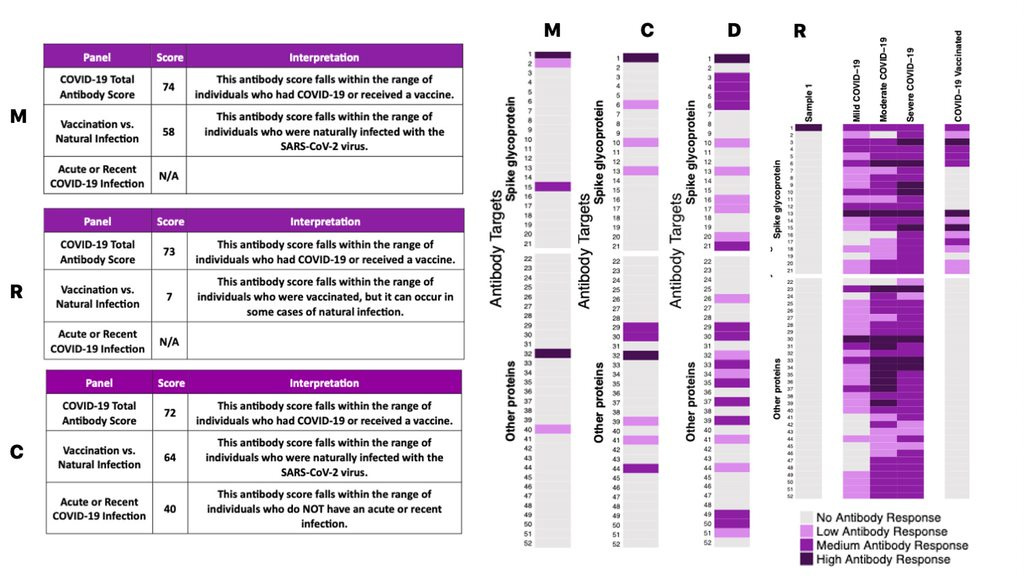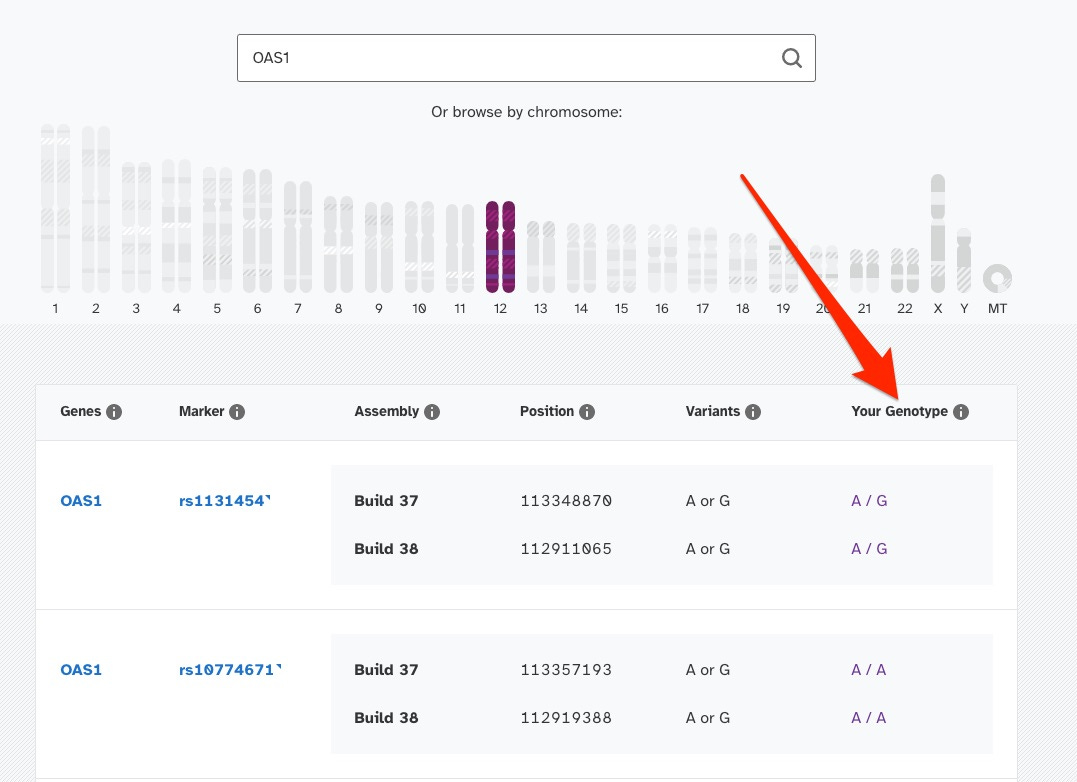This is a weekly newsletter for Personal Scientists, published each Thursday for anyone who wants to apply the tools of science for personal reasons (to solve a problem) rather than professional ones (for a job). Following the motto of the Royal Society, established in 1660, nullius in verba, we take nobody’s word for it.
In this issue we discuss a few tests that might help you understand your COVID susceptibility.
COVID Susceptibility
How come some people have had COVID multiple times and others have been spared? Lifestyle doesn’t seem to explain it: at least in my anecdotal observation, people who are “careful” seem to get it roughly as often as those who are “reckless”.
But maybe I’m one of those 35% who can get infected asymptomatically? To find out, I’ve taken several antibody tests through Labcorp. Most insurance plans cover the costs, though that may change — it’s about $50 if you pay out-of-pocket. Each time my result has been negative. Zilch. Nada. No antibodies.
Another test, from the Southern California startup Serimmune, is still in clinical trial. Although unfortunately they are no longer recruiting subjects, I’ve been enrolled for the past year, along with several Personal Scientist friends who have been studying and comparing our results.
Unlike traditional antibody tests, which simply check for the presence or absence of particular molecule in your blood, Serimmune claims to look at a broader set of “epitopes” that indicate a range of possible ways your immune system might react to a pathogen. The clinical trial, which lasts 5 years, asks you to do a simple at-home blood draw every six months. Each time they send a short report indicating your epitope status.
Here are a couple of reports for comparison.

My tests indicate virtually no antibodies, except for one point on the spike protein. Does that mean I’m susceptible? As with many Personal Science questions, it’s hard to say. Several of us have been comparing our Serimmune results at the Open Humans Personal Science Wiki and so far the results seem all over the map. There is also a private Facebook group where others have been trying to share information, particularly as it relates to Long COVID. If you have any thoughts or additional samples, please let us know!
Genetics and COVID
Several researchers have tried to understand the possible genetic links of COVID susceptibility. A July 2022 study published in Nature Genetics looked at thousands of COVID patients and found a strong correlation with the OAS1 gene that encodes some known anti-viral proteins. Subjects with a specific set of gene variants were more likely to be hospitalized.
Naturally, a Personal Scientist wants to know how to tell which of those variants are found in me. Fortunately, the 23andme test reports many of the variants listed in the paper, and you can look them up for yourself.

From Figure 1 of the Nature Genetics paper, I learn that my AA genotype is associated with a higher risk of hospitalization.
Our Sep 1, 2022 newsletter discussed the free CDC-sponsored study that you should join immediately if you or somebody in your household contracts COVID.
Calling all Personal Scientists
Please let us know if there are other topics you’d like to cover, or if there’s something interesting you’ve discovered with Personal Science.



